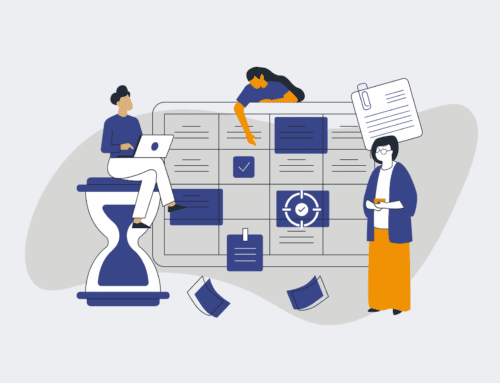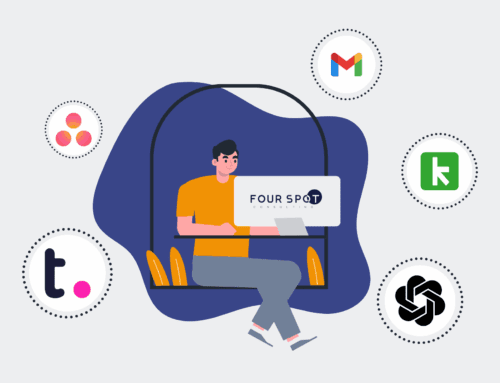The Evolving Landscape: Remote Work’s Impact on AI Resume Parsing Strategies
The global shift towards remote and hybrid work models has profoundly reshaped nearly every facet of the modern enterprise, and few areas have felt this seismic change more acutely than talent acquisition. What once was a localized, often geographically constrained search has blossomed into a boundless global talent pool. This paradigm shift, while offering unprecedented access to skilled professionals, has simultaneously presented a complex challenge for traditional hiring infrastructures. For businesses striving to remain competitive and efficient, the ability to effectively parse and understand a torrent of increasingly diverse resumes is no longer a luxury, but a strategic imperative. This is where AI resume parsing, once a nascent technology, is now being radically redefined by remote work trends.
From Keyword Matching to Contextual Intelligence: The New Imperative
For years, AI resume parsing largely operated on a foundation of keyword matching and standardized template recognition. Recruiters would feed resumes into systems designed to extract explicit skills, job titles, and educational qualifications. While effective for a homogenous, local talent pool, this approach buckles under the weight of remote work’s complexities. Remote professionals often have non-linear career paths, diverse project-based experiences, and an emphasis on transferable skills that traditional keyword algorithms struggle to identify and prioritize.
The remote economy values adaptability, self-direction, and cross-functional collaboration – qualities that aren’t always explicitly stated in a resume but are crucial for success. Modern AI parsing strategies must evolve beyond simple data extraction to incorporate contextual intelligence. This means understanding the nuances of how a candidate’s remote experience translates to an in-office requirement, identifying implicit skills from project descriptions, and even assessing cultural fit indicators that emerge from a candidate’s professional narrative, regardless of their physical location.
Navigating Diverse Formats and Unconventional Experience
The Challenge of Non-Traditional Resumes
Remote work empowers individuals to structure their careers in more flexible ways. We see a rise in digital portfolios, LinkedIn profiles serving as primary resumes, project-based work histories, and even video resumes. The traditional PDF or Word document is no longer the sole standard. Legacy AI parsing tools often falter when encountering these diverse formats, leading to data loss, misinterpretation, or outright rejection of potentially stellar candidates.
An effective AI parsing strategy for the remote era must be agnostic to format and capable of ingesting information from a multitude of sources. It needs to leverage natural language processing (NLP) to extract relevant data from unstructured text, regardless of where it resides. Furthermore, it must be sophisticated enough to normalize this data, creating a unified candidate profile that can be easily compared and assessed.
Valuing Skills Over Location
One of the most significant advantages of remote work is the ability to hire for skill, not proximity. This means companies are no longer limited to talent within a 50-mile radius but can tap into expertise anywhere in the world. For AI resume parsing, this necessitates a shift from geographical filters to a pure skills-based assessment. The tools must be capable of benchmarking skills against industry standards, identifying proficiency levels, and predicting future performance based on a broader range of indicators than simply previous job titles.
For instance, a candidate who built an e-commerce platform for a client in a remote capacity might possess invaluable project management and technical skills, even if their official title was “freelance developer.” Advanced AI parsing can now discern these underlying capabilities, presenting a more holistic and accurate representation of a candidate’s potential.
Enhancing Efficiency and Reducing Bias in Remote Hiring
The sheer volume of applications that can flood in for a single remote position can overwhelm even the most robust HR teams. AI resume parsing, when implemented strategically, can significantly reduce the manual burden, automating the initial screening process and allowing human recruiters to focus on qualified candidates. This efficiency gain is critical for scaling recruitment efforts in a remote-first world.
Moreover, well-designed AI can help mitigate unconscious bias. By focusing on objective data points and skills rather than demographic cues (which are ideally masked), AI can present a more equitable shortlist of candidates. This is particularly important in remote hiring, where diverse global talent pools can inadvertently introduce new biases if not managed carefully. The goal is not to eliminate human judgment but to augment it with data-driven insights, ensuring a wider, fairer net is cast.
The Future of AI Parsing: A Strategic Imperative for 4Spot Consulting Clients
For organizations looking to thrive in the remote work landscape, merely having AI resume parsing isn’t enough; they need an AI strategy that is dynamic, adaptable, and integrated with their broader HR automation goals. At 4Spot Consulting, we specialize in building these strategic automation frameworks. We help businesses leverage advanced AI and platforms like Make.com to not just parse resumes, but to intelligently enrich candidate profiles, automate interview scheduling, and seamlessly integrate hiring data into CRM systems like Keap.
This holistic approach ensures that every incoming resume is not just scanned, but understood, contextualized, and processed in a way that maximizes hiring efficiency and quality. By eliminating manual bottlenecks and leveraging the true power of AI, our clients gain a significant competitive edge in the race for top remote talent, allowing their high-value employees to focus on what matters most: connecting with people, not wrestling with data.
If you would like to read more, we recommend this article: Mastering AI-Powered HR: Strategic Automation & Human Potential









